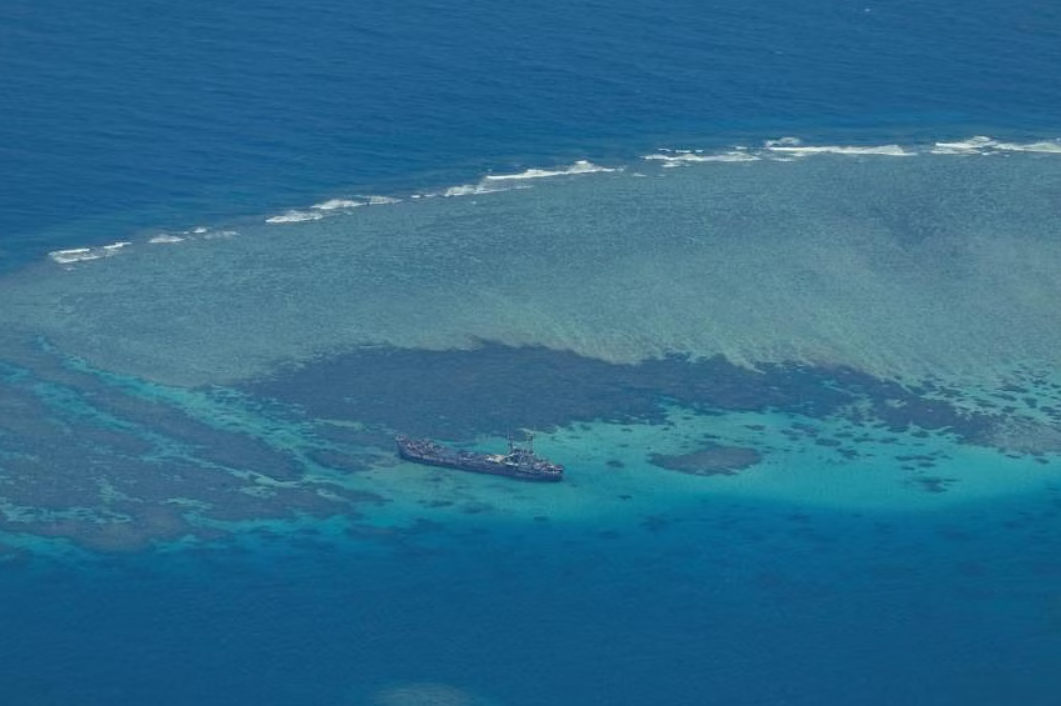By Lucio Blanco Pitlo III
Last week’s 2025 Boao Forum for Asia (BFA) Annual Conference, held on March 25-28 in the coastal town in China’s island province of Hainan, brought together around 2,000 participants from over 60 countries and regions, reflecting this year’s theme of “Asia in the Changing World: Towards a Shared Future.”
Despite the ongoing territorial disputes in the contested South China Sea, the meeting strengthened regional cooperation and promoted regional integration. SCSNW’s peripatetic editorial advisor, Lucio Blanco Pitlo III, a research fellow at Asia Pacific Pathways for Progress Foundation in the Philippines, participated in a panel on “The Future of Order in the South China Sea: Cooperation or Conflict.” Here are Pitlo’s insightful observations and highlights from the program.
Last week, I joined the 2025 Boao Forum for Asia in Hainan, China. The annual event gathers leaders and representatives from government, business, think tanks, and non-government organizations the world over. This is my second time joining the sub-forum on the South China Sea. This maritime space is more than a flashpoint. It is also a regional commons where significant strides in marine environment conservation, confidence building, and de-escalation were made. The first joint fish stock assessment in the semi-enclosed sea was done in 2022. The first Vietnam-China joint patrol in Beibu Gulf happened in 2024. A provisional arrangement between the Philippines and China over Ayungin Shoal was also reached last year – a deal that still holds despite rising tensions. Other low-hanging fruits like joint undertakings in marine farming and offshore energy, including potentially less sensitive renewable energy projects (e.g., offshore wind and floating solar farms and harnessing ocean currents/waves), can be tabled. Parties remain committed to the early conclusion of the Code of Conduct and are investing in strengthening bilateral and regional dialogues. Calls for robust hotlines and stronger crisis management are made. Tensions and noise aside, littoral states continue to pursue sovereign actions in the sea. Vietnam continues to build infrastructure in the Spratlys. Malaysia began extracting gas from Kasawari field off Sarawak last year. Indonesia is building a submarine support base in the Natunas. Poor diplomacy and trust deficit may lead to accidents and miscalculation. Patience, political will, and compromise are in high demand. Disputes dominate coverage of this shared sea, but it is not its totality. A solemn commemoration of the contribution made by the late Indonesian diplomat and academic Prof. Hasjim Jalal was made. Amb. Djalal was a prime mover in the Track 1.5 Managing Potential Conflicts in the South China Sea Workshop series hosted by Indonesia, which began in the 1990s. Thanks to the organizers, National Institute for South China Sea Studies, China Oceanic Development Foundation, Huayang Center for Maritime Cooperation and Ocean Governance, and Boao Forum for Asia Secretariat, for the kind invitation. Glad to share my views and learn from fellow participants from Mainland China, Taiwan, Australia, Cambodia, Canada, Germany, Indonesia, Philippines, Singapore, United Kingdom, United States, and Vietnam.
 Lucio Blanco Pitlo III is an advisory board member of the South China Sea NewsWire and a foreign policy and security analyst specializing on Southeast Asian affairs, maritime security, connectivity and great power competition in the region.
Lucio Blanco Pitlo III is an advisory board member of the South China Sea NewsWire and a foreign policy and security analyst specializing on Southeast Asian affairs, maritime security, connectivity and great power competition in the region.


